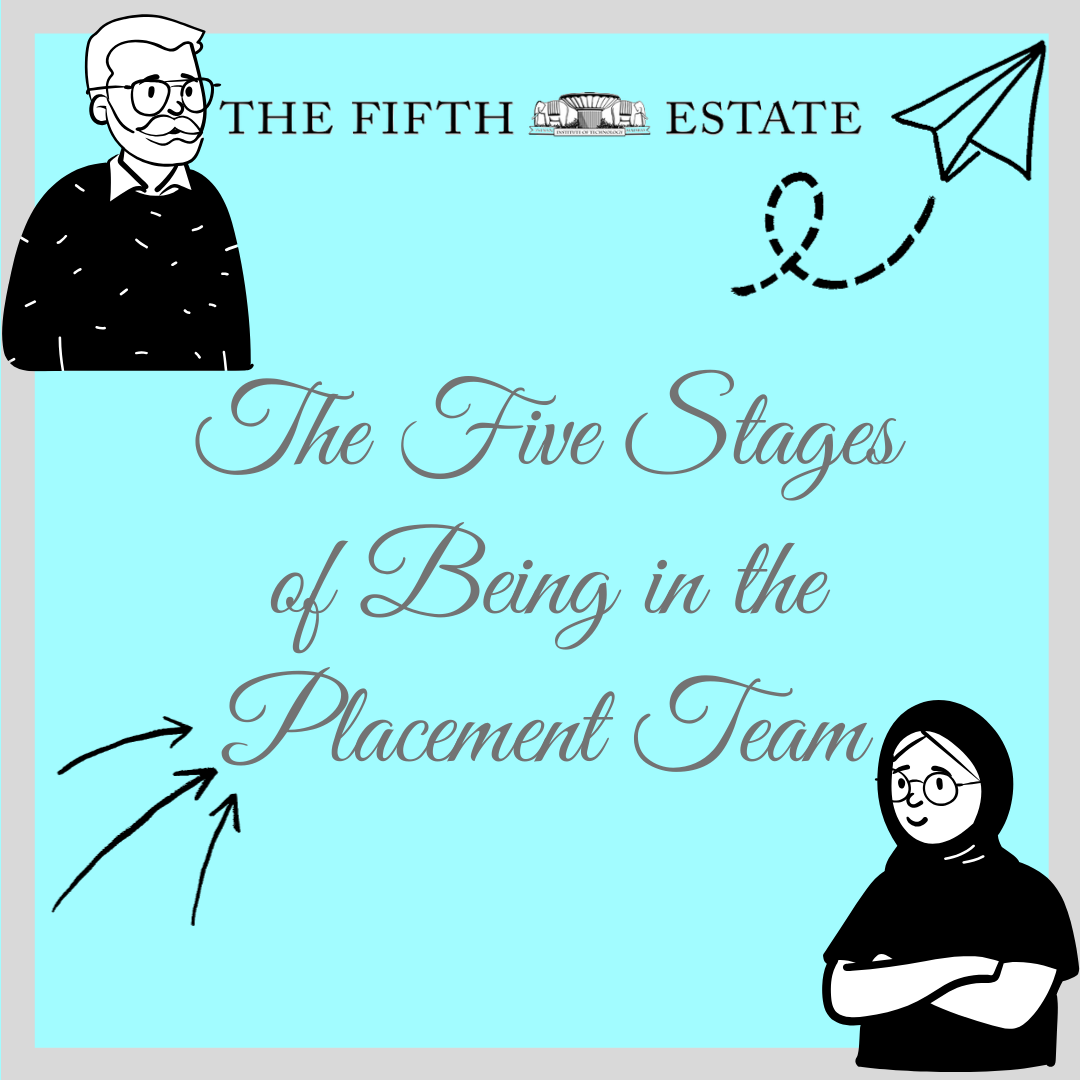
The SLC meets on a regular basis (fortnightly) to discuss different agendas. These agendas can be anything; from reduction in attendance, to doing something about the ‘LAN ban’. The dates of these meeting have been fixed at the start of the academic year. These Agenda Points can be raised by Legislators alone and the same has to be intimated to the Speaker.
To check the practicality of each agenda point it needs to satisfactorily answer the following questions :
- Why the SLC should discuss this agenda point
- What are the expected benefits
- What are the expected problems
- What have been the steps taken previously to address this agenda point
- What is the background research that has gone into this agenda point
- Pros and Cons to students
Generally the committee is expected to present a report on the agenda preferably in the form of a PowerPoint presentation. The work done is reviewed and policies are also suggested by the committee. The proposed policy is then debated upon and it is modified accordingly. Then it is put to vote upon which if it passes, it is forwarded to the Senate which consists mainly of professors. If it passes there too then it is put into effect immediately.

All legislators are expected to come well prepared for all SLC meetings to avoid futile discussions. This part is ensured by taking attendance at the start and the end of every meeting. The attendance system is almost foolproof with no legislator having been able to evade it till date. Members of the GSB or the SLC are not allowed to ‘speak’ without the permission of the Speaker. Any cross-talk or personal remarks about anyone might result in the Speaker censuring the legislator. The legislators are expected to take inputs from their respective electorates partly because no venue is sufficient enough to accommodate the entire electorates. The expected duration of each meeting is generally 150 minutes but sometimes can be extended to 180 minutes if the legislators agree. Each legislator is expected to be a part of at least one of the 10 Standing Committees:
- General Affairs
- Academic Affairs
- Research Affairs
- Co-Curricular Affairs
- Hostel Affairs
- Sport Affairs
- Cultural Affairs
- International and Alumni Relations
- Health, Hygiene and Environment
- Social Equity

Besides these the Speaker forms AD-HOC committees for addressing specific purposes. Each committee is expected to meet once a week and submit a report of the work done to the speaker. A Chairperson is elected in each committee who decides the timings and venue of their respective meeting. He or she is also responsible for holding meetings with member of the Executive Wing and the Speaker. One such committee was the SLC Wishlist Committee. The main aim of this committee was to set a timeline for this year. The objectives were set for the year and the tasks were assigned to the respective standing committees. The issues included transparency in grading, improving male-female interaction in the campus and much more.
These discussions are moderated by the Speaker in the SLC. He/She has the final say in bringing motions to vote and the decision of the Speaker can only be overturned by a 2/3rd majority vote of SLC.
All the EW (Executive Wing) members are answerable to the SLC and can be censured if deemed guilty of misconduct. The SLC can also initiate the process of impeaching them by 15 or more members of the SLC. This keeps a check on the EW.
The main point of these meetings is to take decisions based on the views of the entire institute which is represented by the various elected legislators of different electorates. So each change/policy that is proposed is perfected in the SLC by pinpointing its flaws and then making the necessary changes accordingly.


